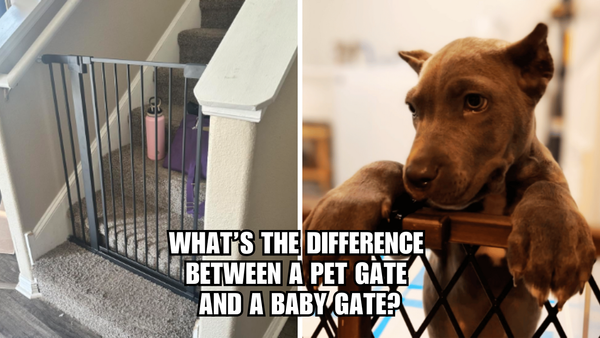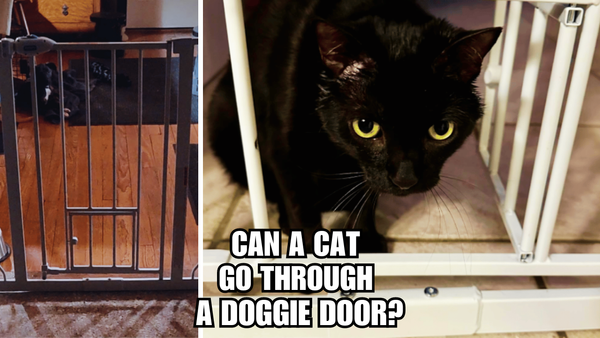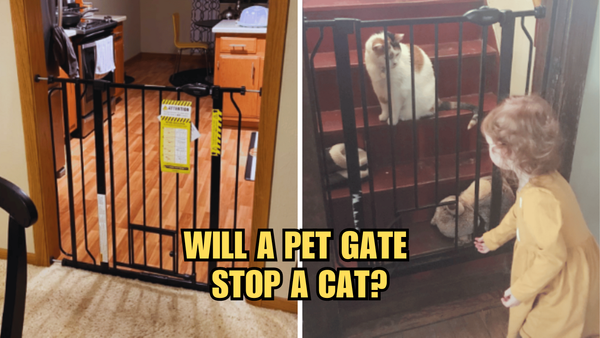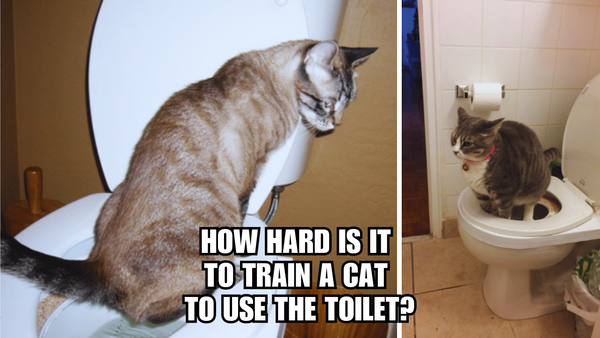Cat owners know all too well the struggle of finding cat fur on every surface of their home. It's not just about cleanliness; for many, it's a matter of health, especially when allergies are in play. This comprehensive guide will explore whether air purifiers are the solution to your feline fur woes.
Key Takeaways:
- Air purifiers equipped with HEPA filters can effectively capture cat hair and dander, improving indoor air quality.
- Regular maintenance of air purifier filters is crucial for optimal performance in removing pet-related allergens.
- Choosing the right air purifier for pet owners involves considering factors like room size, filter types, and additional features for odor control.
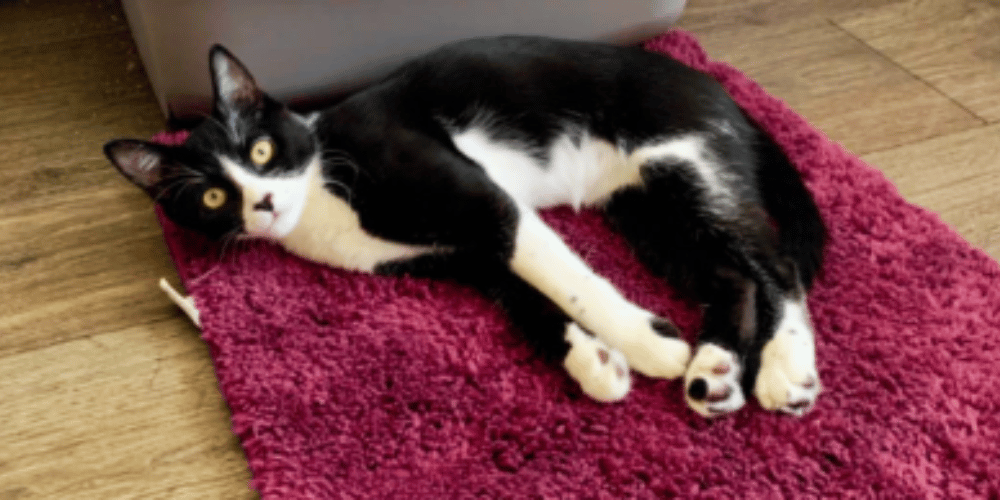
Understanding the Basics of Air Purifiers
Air purifiers are designed to improve indoor air quality by removing contaminants from the air. They come in various sizes and with different types of filters, each targeting specific airborne particles. The core component of most air purifiers is the filter, which traps particles as air passes through it.
How Air Purifiers Work
Air purifiers work by drawing in air from the room and passing it through one or more filters to remove airborne particles. The purified air is then circulated back into the room. This process can help reduce the presence of cat fur, dander, and other allergens in the air.
The Role of HEPA Filters
High Efficiency Particulate Air (HEPA) filters are the gold standard in air purification. They are capable of capturing particles as small as 0.3 microns with a 99.97% efficiency. This means they can effectively trap pet hair, dander, and other allergens, making them an excellent choice for pet owners.
The Battle Against Cat Fur and Dander
Cat fur and dander can be more than just an annoyance; they can also contribute to allergy symptoms. Air purifiers with HEPA filters can capture these particles, but it's important to understand the difference between fur and dander.

Capturing Pet Hair
While pet hair is visible and can be removed with vacuuming, it can still become airborne and circulate through your home. Air purifiers with HEPA filters are designed to capture pet hair as it floats through the air, reducing the amount that settles on surfaces.
Removing Pet Dander
Pet dander is composed of tiny, even microscopic, flakes of skin shed by cats. It's a common allergen that can cause allergic reactions. HEPA filters are particularly effective at removing pet dander from the air, which can help alleviate allergy symptoms for sensitive individuals.
The Importance of Filter Maintenance
To ensure that an air purifier continues to effectively remove cat fur and dander, it's essential to maintain its filters. This includes regular cleaning and replacement according to the manufacturer's guidelines.
Washable vs. Disposable Filters
Some air purifiers come with washable filters, which can be cleaned and reused. Others use disposable filters that must be replaced periodically. The choice between them depends on personal preference and the specific model of the air purifier.
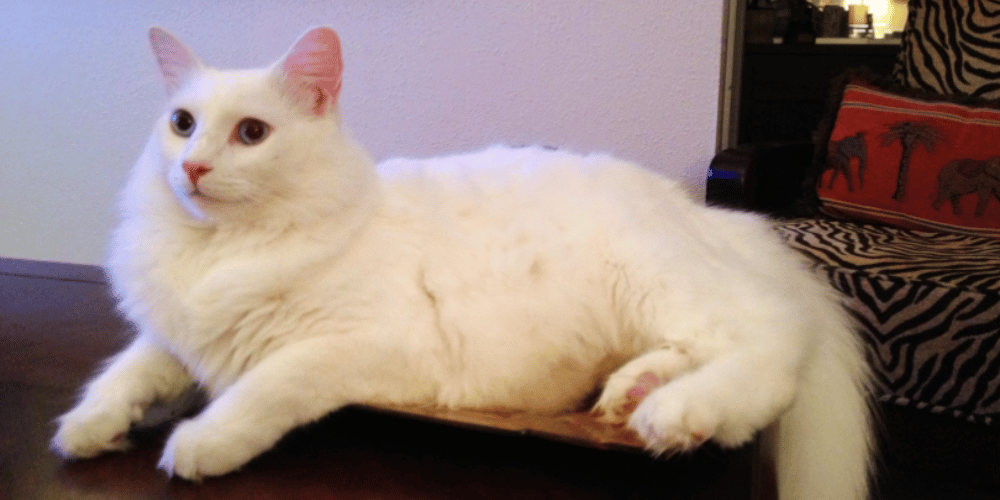
Filter Subscription Services
Many home appliance manufacturers now offer filter subscription services that automatically send you replacement filters at regular intervals. This convenient service ensures that your air purifier always has a fresh filter, maximizing its ability to capture allergens.
Choosing the Best Air Purifiers for Pet Owners
Not all air purifiers are created equal, especially when it comes to dealing with pet hair and dander. Pet owners should look for air purifiers with specific features to address their needs.
Considering Room Size and Floor Space
The size of the room where the air purifier will be used is a critical factor in choosing the right model. Air purifiers are rated for different room sizes, so it's important to select one that's appropriate for your space.
Multiple Filters for Enhanced Performance
Many air purifiers use a combination of filters, including a pre-filter for larger particles, a HEPA filter for smaller allergens, and sometimes an activated carbon filter for odors. This multi-stage filtration is particularly effective for homes with pets.
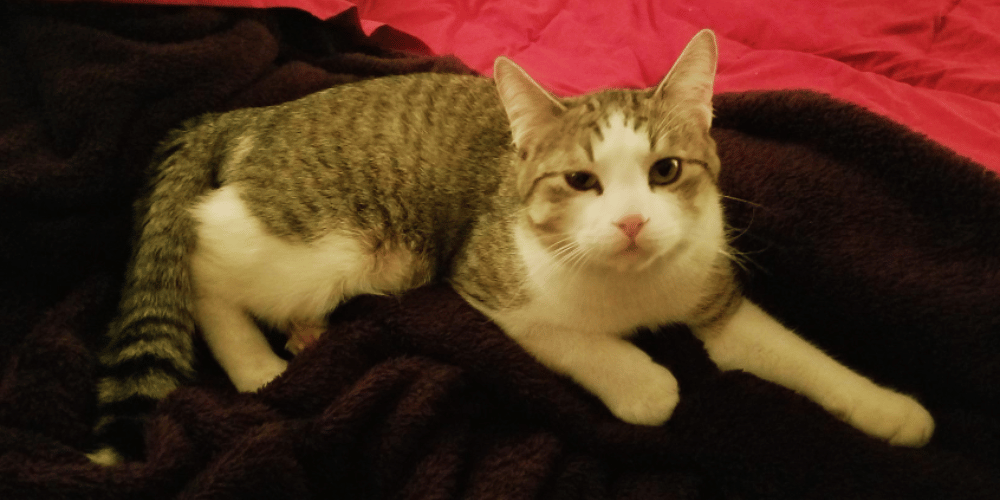
Additional Features for Pet Owners
Air purifiers come with a variety of additional features that can be beneficial for pet owners. These can range from odor control to smart technology that automatically adjusts the purifier's settings.
Maximizing Efficiency: Pre-Filters and Medium Filters
When it comes to keeping your home free from pet-related allergens, the role of a pre-filter in an air cleaner cannot be overstated. Pre-filters are the first line of defense, capturing large particles such as animal hair and just pet hair before they reach the finer HEPA filter. This not only helps to remove pet hair more effectively but also extends the life of the subsequent filters by preventing clogging. Many of the best air purifiers, including the Dyson air purifier, come equipped with robust pre-filters that are essential for homes with furry friends.
In addition to pre-filters, medium filters play a crucial role in trapping smaller particles that manage to pass through. These filters are adept at capturing tiny particles, including mold spores and smoke particles, which are common airborne contaminants in households. By using a combination of pre-filters and medium filters, air purifiers can maintain a high clean air delivery rate, ensuring that the air in your home remains as pure as possible. This multi-stage filtration process is key to addressing not just pet hair, but also the myriad of small particles that affect indoor air quality.
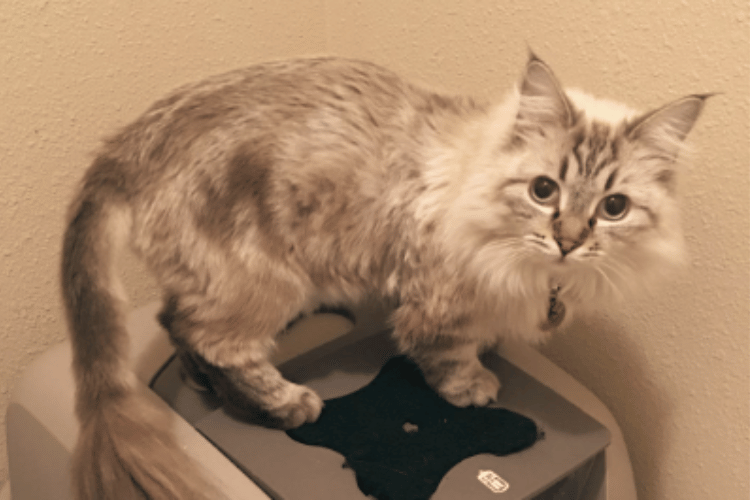
The Compact Solution: Small Air Purifiers for Pet Owners
When it comes to managing pet related allergens, not everyone has the luxury of ample space for large devices. Enter the small air purifier, a compact companion in the quest for cleaner air. These diminutive devices are perfect for targeting the areas where your furry friend spends most of their time, such as a bedroom or a small living room. Despite their size, many small air purifiers pack a punch, equipped with HEPA filters capable of capturing particles as small as microns, ensuring that even the tiniest of allergens are whisked away from your breathing space.
Moreover, small air purifiers are often more affordable and easier to maintain than their larger counterparts. They can be discreetly placed on a desk or shelf, making them an ideal choice for pet owners who are short on space but still want to maintain a dander-free zone. While they may not have the same capacity as other air purifiers designed for larger areas, they are an effective solution for creating a localized clean air environment, which can be particularly beneficial for those with pet allergies or asthma.
Pre Filter: Your First Line of Defense
When it comes to maintaining a clean and healthy environment for both you and your feline friends, the pre filter in an air purifier plays a pivotal role. Acting as the first line of defense, it captures large particles of cat fur before they reach the inner workings of the device. This not only helps in extending the life of the main filter but also ensures that the air purifier operates at peak efficiency. By trapping these larger particles, the pre filter prevents the main filter from becoming clogged too quickly, which can be a common issue in homes with pets.
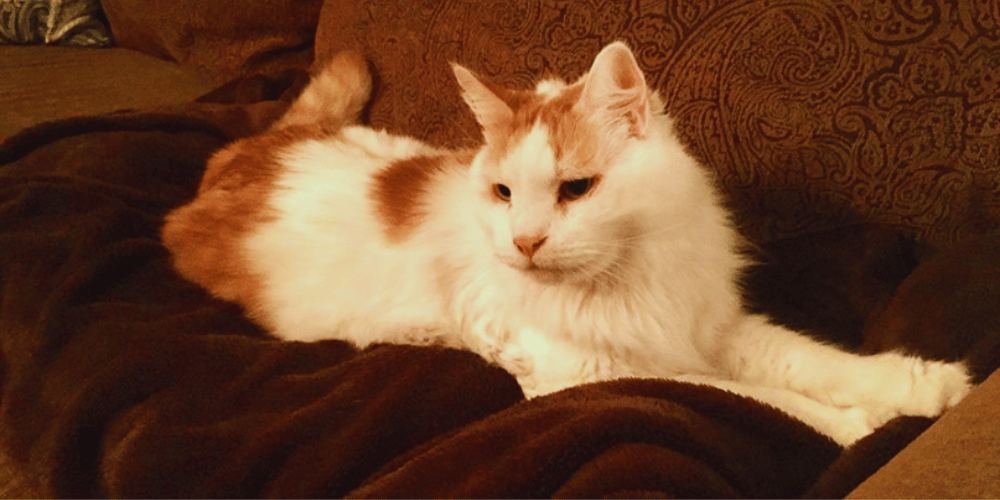
Moreover, pre filters are often designed to capture particles as small as microns, which means they can deal with more than just cat fur. Dust, pollen, and other common household allergens are also trapped, contributing to a cleaner air output. Regularly cleaning or replacing the pre filter, depending on whether it's washable or disposable, can greatly enhance your air purifier's performance and lead to a noticeable improvement in the air quality of your home.
The Science of Microns in Air Filtration
When it comes to air purifiers, the term "micron" is a critical factor in understanding their efficiency. A micron, short for micrometer, is a unit of length equal to one millionth of a meter. The smallest particles that the human eye can see are about 50 microns in size. Air purifiers are designed to capture particles much smaller than this, some as small as 0.3 microns, which include common allergens like cat dander, pollen, and dust mites. The ability to trap such tiny particles is what makes certain air purifiers so effective for pet owners.
The high-efficiency particulate air (HEPA) filters used in many air purifiers are required to meet a standard of trapping 99.97% of particles that are 0.3 microns in size. This size is chosen because it represents the most penetrating particle size (MPPS), which is the most difficult size to capture. By effectively trapping particles as small as 0.3 microns, air purifiers can significantly reduce the amount of cat fur and dander circulating in the air, making the environment cleaner and healthier for everyone.
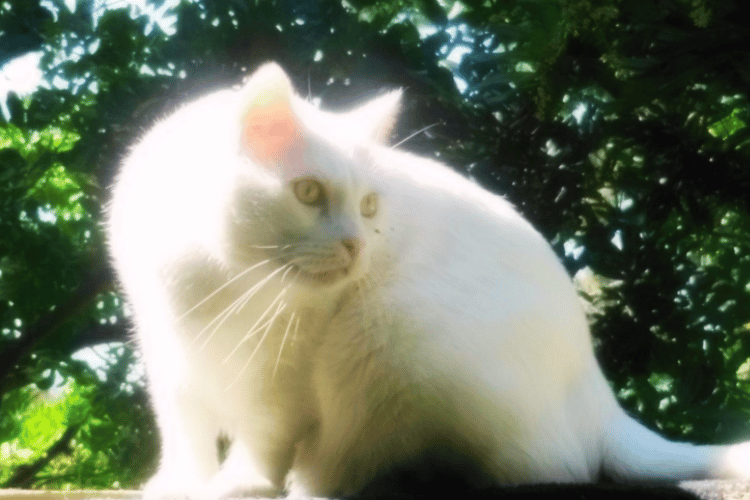
The Intricacies of Micron Size in Air Purifiers
When discussing air purifiers, the term "micron" frequently pops up. But what does it mean in the context of cat fur and dander? A micron is a unit of measurement that equals one-millionth of a meter. To put it into perspective, cat fur can range from about 5 to 200 microns in size, while dander is much smaller, often as small as 2.5 microns. This is where the efficiency of an air purifier is tested. The smaller the particles it can capture, the more effective it will be at reducing allergens in your home.
Air purifiers designed to combat pet allergens are equipped with filters capable of trapping particles that are small as microns. This level of filtration is crucial for those with allergies or asthma, as these tiny particles can easily be inhaled, causing respiratory issues. By using a multi-stage filtration system, including a True HEPA filter, these purifiers can capture and remove a significant amount of microscopic pet dander from the air, making the environment cleaner and healthier for everyone.
Air Purifiers: A Microscopic Battle Against Pet Allergens
The battle against pet allergens is fought on a microscopic level. Air purifiers serve as our allies in this fight, equipped with advanced technology to trap particles that are small as microns. For instance, a True HEPA filter, which is considered the gold standard in air purification, must capture at least 99.97% of particles that are 0.3 microns in diameter. This level of precision is necessary to effectively remove the tiny dander particles that pets shed along with their fur.
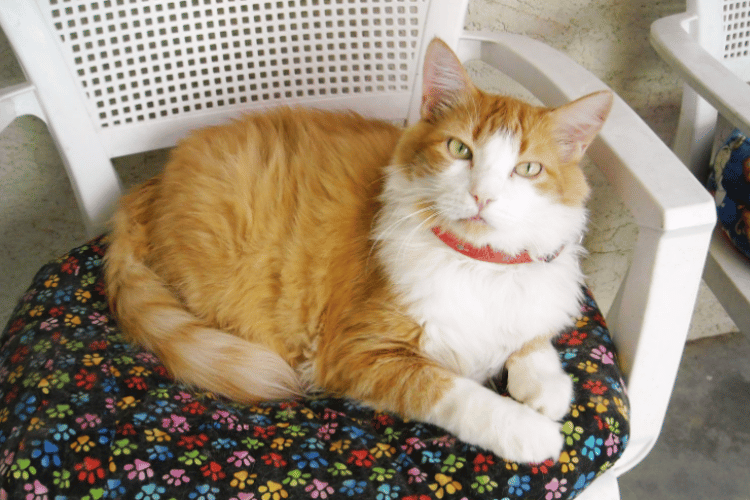
Understanding the scale of microns helps us appreciate the power of air purifiers. While cat fur is visible to the naked eye and can be cleaned with a vacuum or lint roller, dander is not. These minuscule flakes of skin can linger in the air and settle on surfaces, making them a persistent problem for allergy sufferers. A high-quality air purifier with the right filters can make a world of difference, capturing these irritants and providing relief to those affected by pet allergies.
Innovations in Air Purification Technology
In the quest to improve indoor air quality, manufacturers are constantly innovating and introducing new technologies to enhance the performance of air purifiers. One such advancement is the development of filters capable of capturing particles that are even smaller than the standard 0.3 microns. These next-generation filters can intercept ultrafine particles, providing an even greater level of protection against microscopic allergens and pollutants that stem from pets and other sources.
Another innovation is the integration of smart sensors into air purifiers, which can detect the level of pollutants in the air and adjust the purifier's settings accordingly. This ensures that the device is working most efficiently when needed, without the user having to manually change settings. These smart purifiers can provide real-time air quality readings, allowing pet owners to be more informed about the presence of cat fur and other particulates in their environment, and to take action to maintain a clean and allergen-free home.
The Mighty Micron: Understanding Particle Size
When discussing air purifiers and their capabilities, the term 'micron' frequently comes up. A micron, short for micrometer, is a unit of measurement that equals one millionth of a meter. To put it into perspective, the human eye cannot see anything smaller than 40 microns in size. This is where the technology of air purifiers shines, as they are designed to capture particles that are much smaller than what we can see, including those as small as microns in size.
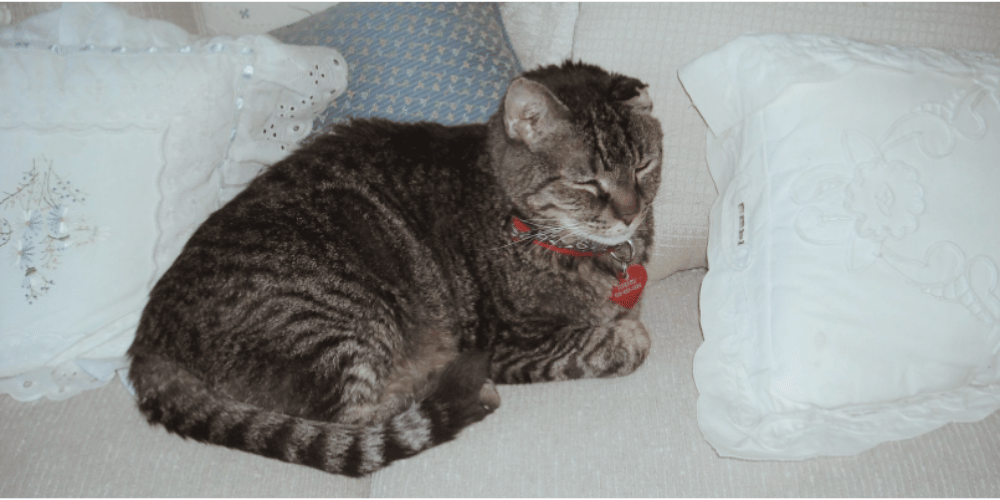
This capability is crucial when dealing with pet allergens, as dander and other microscopic particles can be as small as 2.5 microns. A high-quality air purifier with a pre filter and a HEPA filter can capture these tiny particles, significantly reducing the number of allergens in the air. For pet owners, this means an air purifier can be an effective tool in managing pet-related allergies and ensuring that the air in their homes remains as clean and allergen-free as possible.
Enhancing Air Quality with Multiple Filtration Stages
The effectiveness of an air purifier in combating pet fur and dander is significantly enhanced by the inclusion of multiple filtration stages. A pre-filter acts as the first line of defense, capturing larger particles and protecting the inner workings of the device. This not only helps in extending the life of the main filter but also ensures that the subsequent medium filter and HEPA filter can perform optimally. By trapping larger debris, the pre-filter allows the medium filter to focus on smaller particles, improving the overall purification process.
In addition to the pre-filter, a medium filter plays a crucial role in removing particles from the air that are smaller than what the pre-filter can catch but not as minuscule as those targeted by the HEPA filter. This tiered approach to filtration means that air purifiers can tackle a wide range of contaminants, including pet related allergens. By working in tandem, these filters ensure that the air circulating back into the room is significantly cleaner, making it easier for you and your furry friend to breathe and enjoy your time together without the worry of airborne allergens.
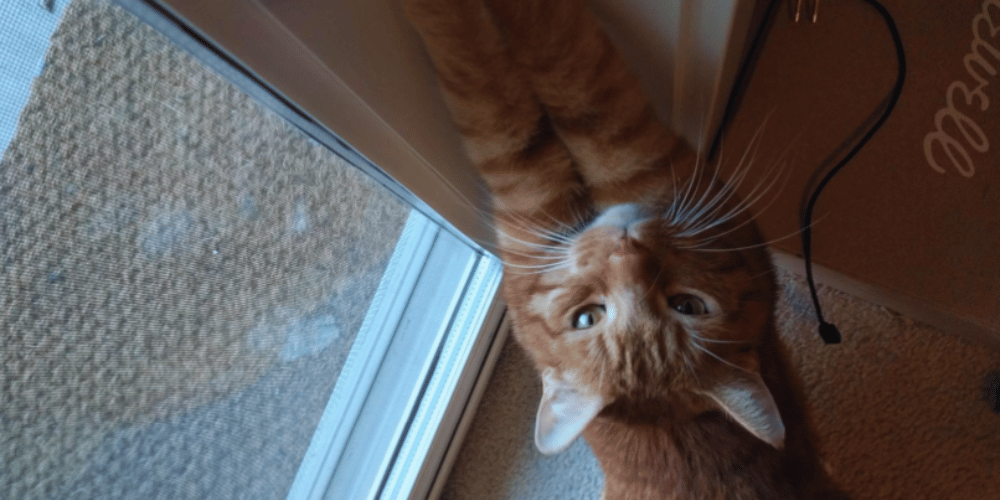
Customized Filtration: Tailoring Your Air Purifier to Pet Needs
For pet owners, a customized filter system in an air purifier is a game-changer. The best air purifier for pet ownership is one that can tackle not only pet dander and animal hair but also the unpleasant odors and volatile organic compounds (VOCs) that come with pet smells. Some air purifiers, like the Dyson purifier, offer activated carbon filters which are excellent for neutralizing pet odors and removing pet dander, ensuring that the air remains fresh and less triggering for those with a pet allergy.
HEPA air purifiers are renowned for their ability to capture particles as small as 0.3 microns, which includes most pet-related allergens and tiny particles. However, for households with pets, a HEPA air purifier with a customized filter designed to target pet allergens can provide an additional layer of protection. These specialized filters can more effectively capture and remove pet dander, fur, and even airborne contaminants that are specific to pet ownership, such as certain types of mold spores that thrive in environments with pets. By choosing an air filter with a customized approach to pet allergens, you can significantly reduce the presence of these irritants in your home.
Odor Control with Activated Carbon Filters
Activated carbon filters are excellent at absorbing pet odors, as well as other smells like smoke and cooking fumes. They work by trapping odor molecules, which helps keep your home smelling fresh.
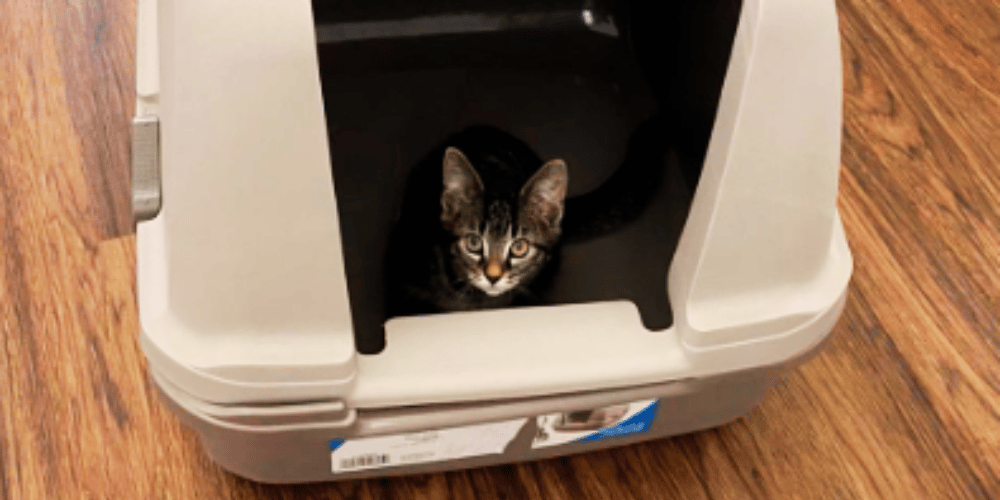
Smart Technology for Convenience
Some air purifiers are equipped with smart technology that allows them to automatically adjust their operation based on the air quality in the room. This feature can be particularly useful for pet owners, as it ensures the air purifier is working hardest when it's needed most.
Air Purifiers and Allergy Relief
For those with pet allergies, air purifiers can be a game-changer. By removing pet hair, dander, and other allergens from the air, they can significantly reduce allergy symptoms.
True HEPA Filters vs. HEPA-Type Filters
It's important to distinguish between true HEPA filters and HEPA-type filters. True HEPA filters meet the strict standards mentioned earlier, while HEPA-type filters may not be as efficient. For allergy sufferers, true HEPA filters are the preferred choice.
The Impact on Allergy Symptoms
Using an air purifier with a true HEPA filter can lead to a noticeable reduction in allergy symptoms. This includes sneezing, itching, and respiratory issues, making it easier for pet owners to coexist with their furry friends.

The Effectiveness of Air Purifiers in Real-World Scenarios
While the theory behind air purifiers is sound, it's also important to look at practical examples and case studies to understand their effectiveness in real-world situations.
Case Studies on Air Purifiers and Pet Allergens
Several studies have shown that air purifiers can significantly reduce the concentration of pet allergens in the home. This has been linked to improved health outcomes for individuals with pet allergies.
Testimonials from Pet Owners
Many pet owners report that after using air purifiers, they experience fewer allergy symptoms and find less pet hair around their homes. These personal accounts add to the evidence supporting the use of air purifiers for pet owners.
Quiet Operation and Living with Pets
Noise level is an important consideration when choosing an air purifier, especially in homes with pets that may be sensitive to sound.
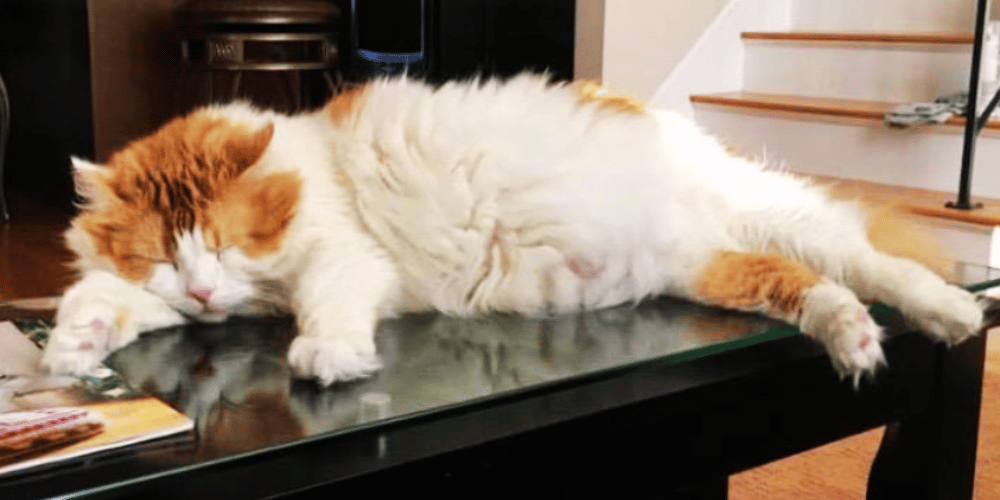
Finding a Balance Between Efficiency and Noise
Some air purifiers offer a quiet operation mode that reduces noise while still maintaining efficiency. This can be a great feature for pet owners who want to run their air purifier continuously without disturbing their pets or household.
The Benefits of a Peaceful Environment
A quiet air purifier contributes to a peaceful environment for both pets and their owners. This can lead to a more comfortable and stress-free home life.
The Cost of Clean Air: Air Purifiers and Budget
Air purifiers range in price from affordable models to high-end units with advanced features. Pet owners should consider their budget when selecting an air purifier.
Balancing Features with Affordability
It's possible to find air purifiers with the necessary features to combat pet hair and dander without breaking the bank. Prioritizing key features like HEPA filtration and room size can help narrow down the options.
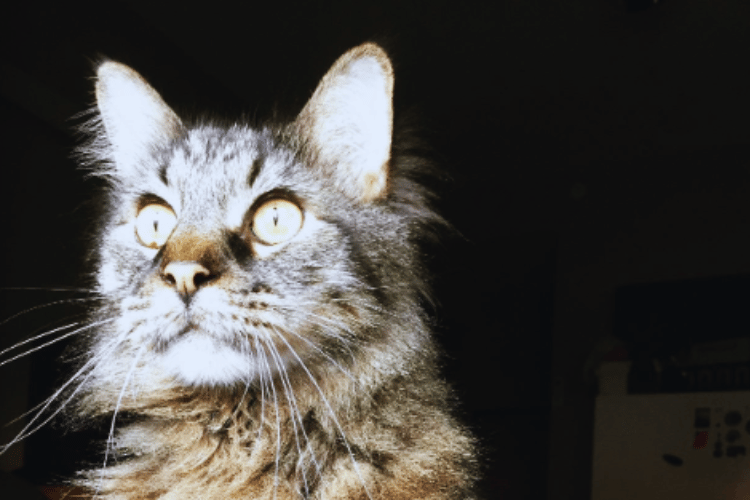
Long-Term Costs and Filter Replacements
The initial cost of an air purifier is not the only expense to consider. Replacement filters can add to the overall cost, so it's important to factor in the price and frequency of filter changes when budgeting for an air purifier.
Conclusion
Air purifiers can be a valuable tool for cat owners looking to reduce the presence of cat fur, dander, and other allergens in their homes. By choosing the right air purifier with HEPA filters and maintaining it properly, pet owners can enjoy improved indoor air quality and a reduction in allergy symptoms.
FAQ Section
Q: Can air purifiers completely eliminate cat fur from the air? A: While air purifiers can significantly reduce the amount of cat fur in the air, they cannot completely eliminate it. Regular cleaning and vacuuming are also necessary to manage pet hair in the home.
Q: How often should I replace the filters in my air purifier? A: The frequency of filter replacement varies depending on the air purifier model and usage. Generally, HEPA filters should be replaced every 6 to 12 months, but it's best to follow the manufacturer's recommendations.
Q: Are air purifiers safe for pets? A: Yes, air purifiers are safe for pets. They can actually create a healthier environment by reducing the number of airborne allergens that can affect both humans and animals.
Thank you for visiting LegitLists we hope this helps you make a legitimate choice!



